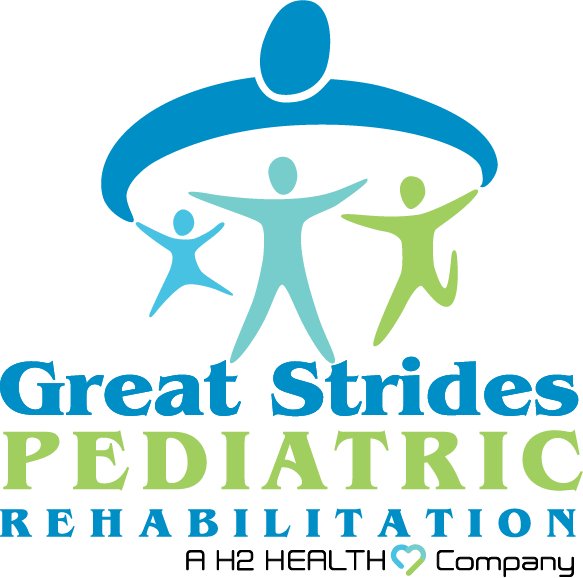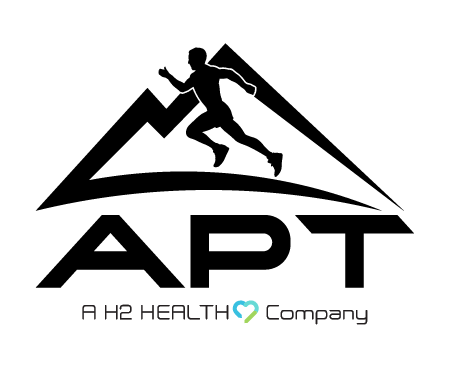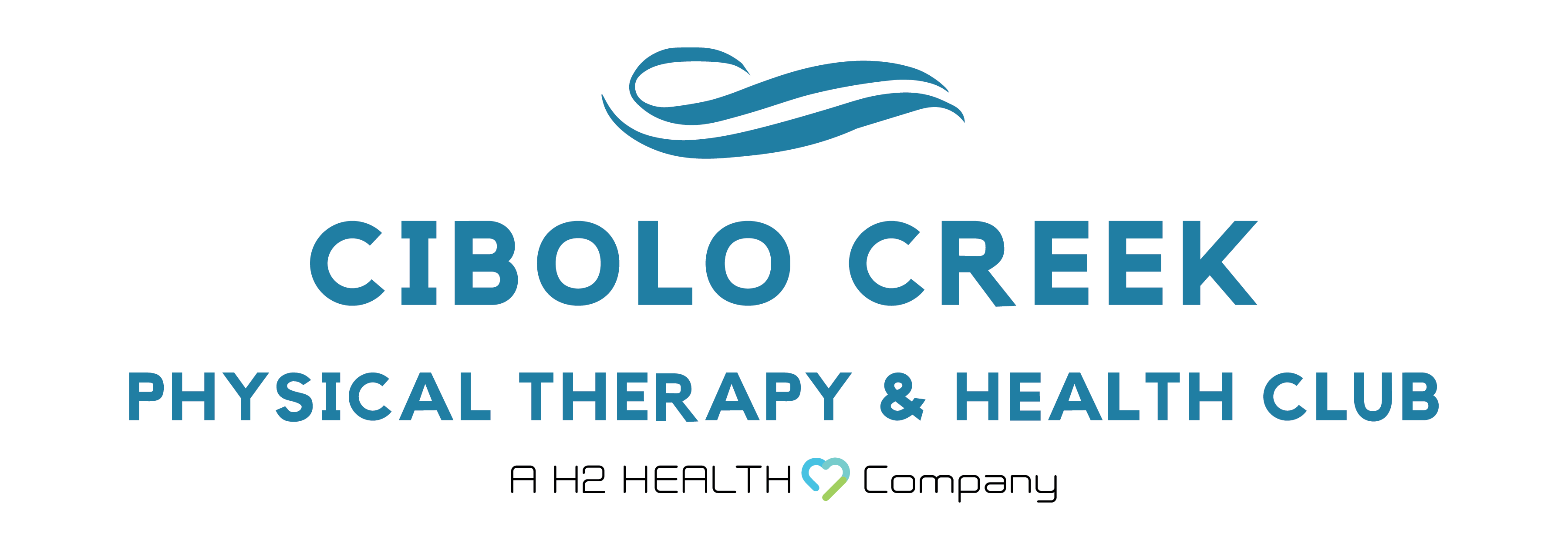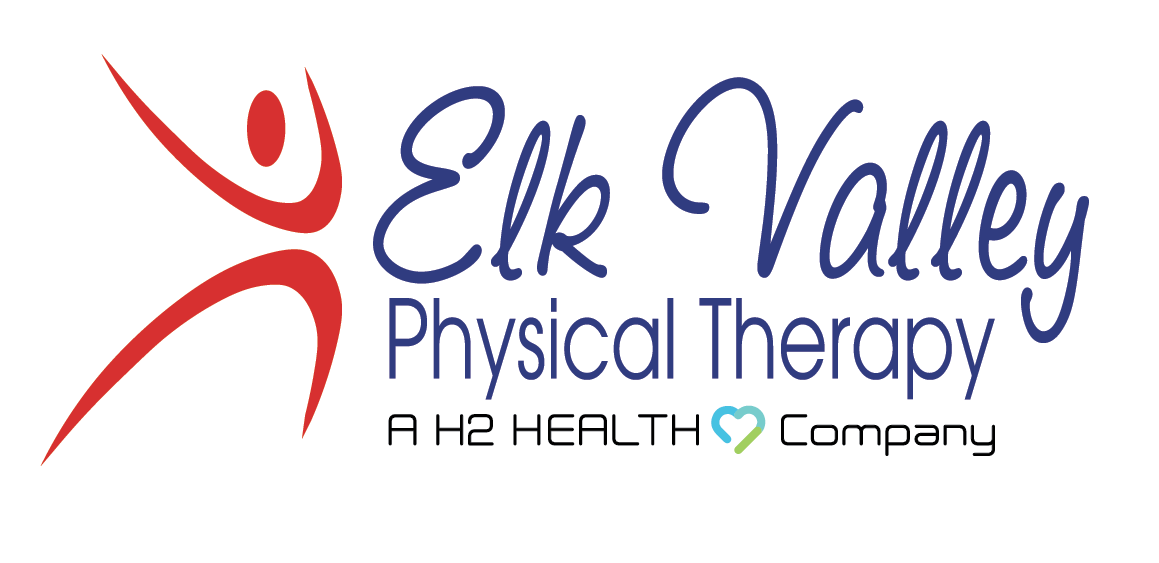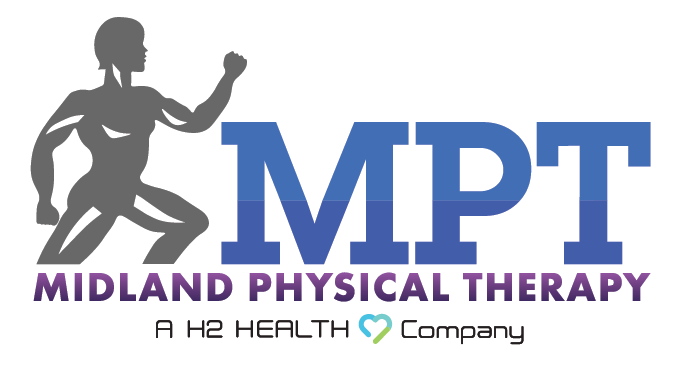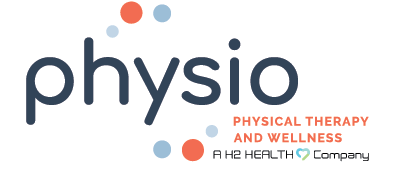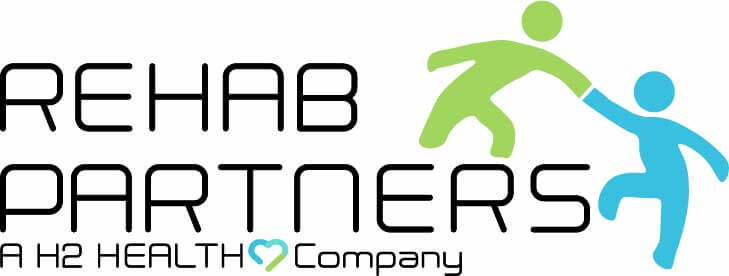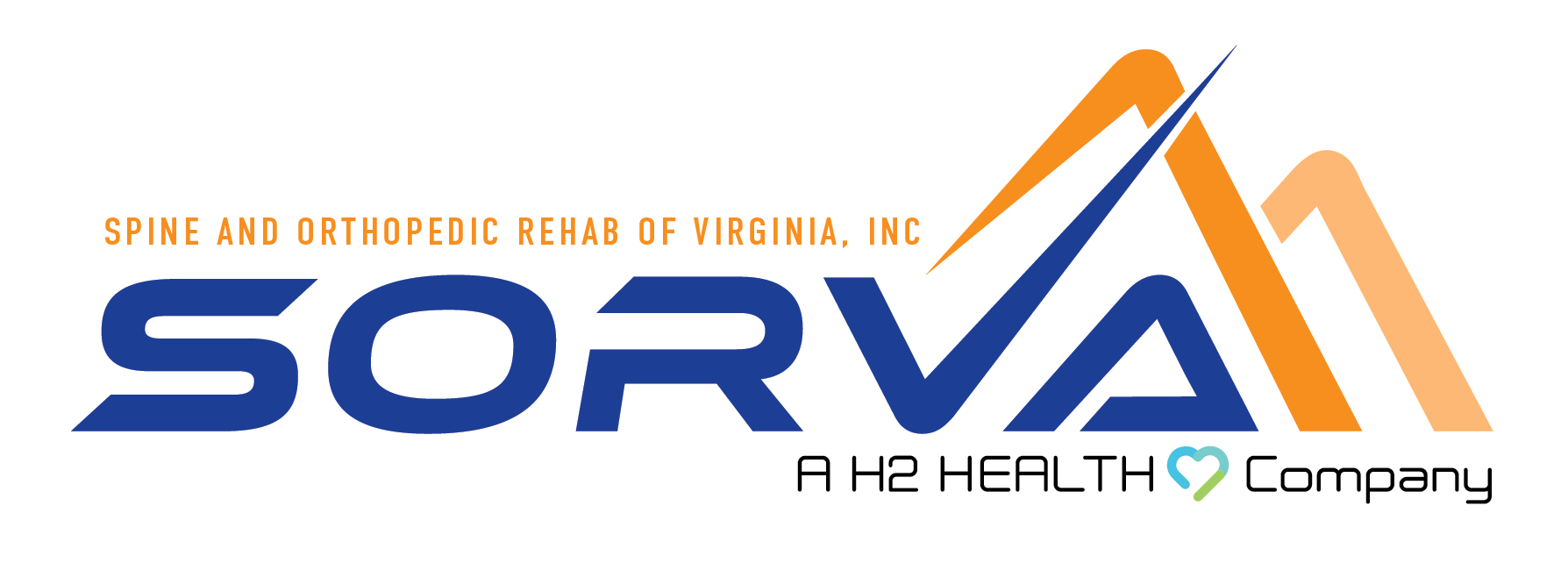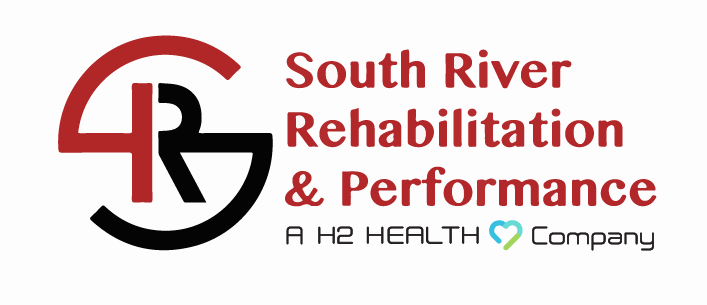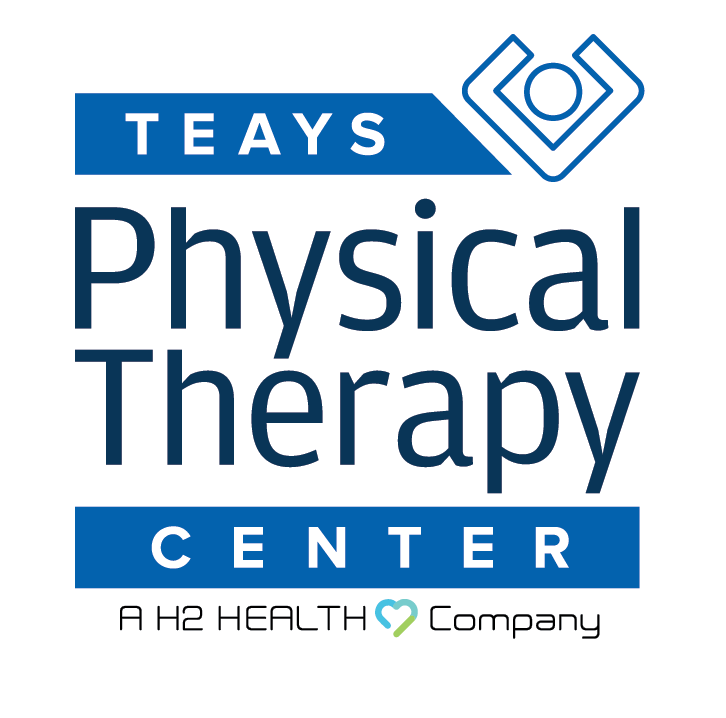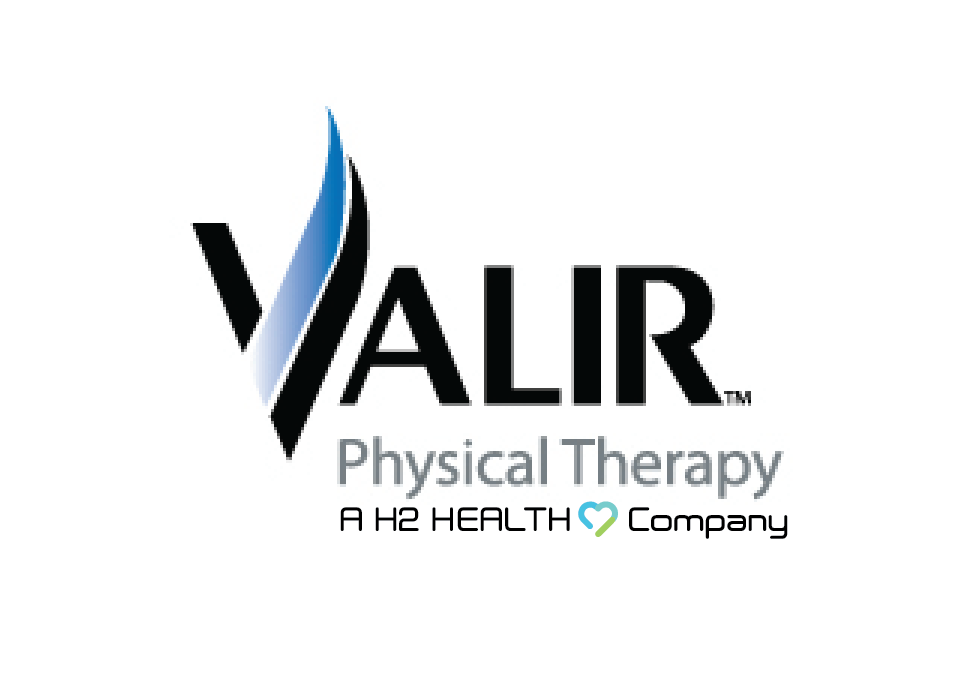Pediatric Red Flags
Most people are familiar with the term "red flag" in the context of a warning sign. But did you know that there are also pediatric red flags? Pediatric red flags are warning signs that something may be wrong with a child's development.
They can be physical, behavioral, or communication related. Knowing about pediatric red flags is important, because early intervention can make a big difference in a child's life.
Pediatric red flags can be divided into three categories: physical, behavioral, and communication related. Physical red flags include things like delays in motor skills or abnormalities in physical appearance. Behavioral red flags includes social withdrawal or aggressive behaviors. Communication-related red flags include things like delays in speech development or difficulty understanding language.
If you notice any of these red flags in your child, it's important to talk to your pediatrician. They can help you determine whether there is cause for concern and, if so, what steps you should take next.
Early intervention can make a big difference in a child's development, so don't hesitate to reach out for help if you're worried about your child's progress.
Common Pediatric Red Flags
As a parent, it's only natural to worry about your child's health and well-being. However, it's important to know when to seek medical attention for your child. Below are some common pediatric red flags that warrant a trip to our clinics:
- Separation anxiety
- Social withdrawal
- Aggressive behavior
- Difficulty feeding
- Abnormal muscle tone
- Visual perceptual difficulties
- Hand / eye coordination issues
- Speech / language delays
- Post-surgical injuries
- Sports-related injuries
- Clumsiness
What Should You Do if Your Child Displays Symptoms?
If your child is displaying symptoms of pediatric red flags, it is important to take them to the doctor as soon as possible. Pediatric red flags are warning signs that something may be wrong with your child's health and should always be taken seriously.
Early intervention is key in ensuring that your child remains healthy and happy.
Long-Term Effects of Not Having Treatment
There are many pediatric red flags that, if left untreated, can have long-term effects. For example, untreated ADHD can lead to problems with school performance, employment, and social relationships.
Untreated anxiety can lead to avoidance of certain social activities and situations, which can interfere with daily functioning. Untreated depression can lead to poor self-esteem. While there are many potential long-term effects of leaving pediatric red flags untreated, early intervention is crucial in order to prevent these negative outcomes.
By seeking treatment for pediatric red flags as soon as they are noticed, parents, and caregivers can help ensure that children grow up to be happy and successful adults.
If you see any of the above red flags in your child, it's essential to call our providers right away. If you have any questions or concerns, we are here to help! Find your nearest location to get the services your child deserves.

